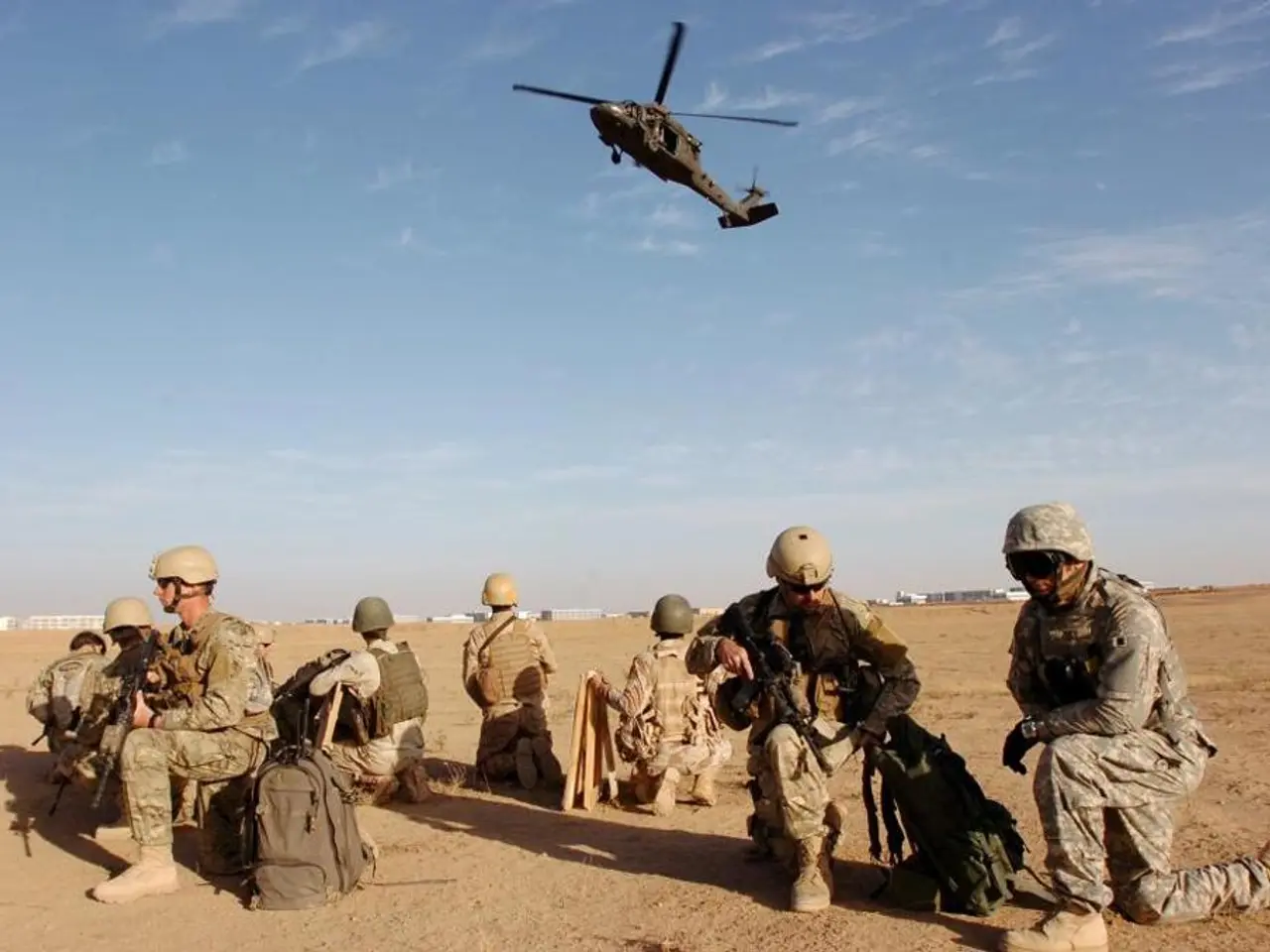Multitudes of Afghans Face Immediate Crisis as UN Warns of Urgent Situation in Iran
Thousands of Afghans are returning to their home country from Iraq and neighboring regions due to escalating forced deportations, tightening immigration policies, and deteriorating living conditions abroad. The migrants, who had fled decades of conflict, Taliban rule, and economic hardship, are now being compelled to return amid rising social, economic, and political pressures in host countries.
Key reasons for the returns include forced deportations and government deadlines, restrictive policies, and hostile environments in host countries, and economic hardship and lack of safety abroad. Iran and Pakistan have set deadlines to expel undocumented Afghan migrants, prompting mass returns, with over 1.4 million Afghans returning from these countries this year, many under coercive conditions rather than voluntarily.
Upon their return, the returning Afghans face a myriad of challenges. Lack of housing and employment, restricted access to basic services, security and protection concerns, humanitarian aid and resource shortages, and a strained health system are some of the challenges they encounter. The Taliban government’s policies, international isolation, and limited foreign aid have constrained public services, making it difficult for the returnees to reintegrate successfully.
One of the migrants stated that they would rather beg in their own country than be treated poorly in Iraq, reflecting the desperate situation many returnees find themselves in. The return of millions places additional burden on Afghanistan’s fragile healthcare infrastructure, risking outbreaks of infectious diseases and limiting access to essential care.
In summary, the mass return of Afghans from Iraq and neighboring countries is driven by forced deportations and deteriorating conditions abroad, while they re-enter a homeland unprepared to support them amid worsening economic and political instability, posing severe humanitarian and protection challenges. Efforts are needed to address these challenges and support the returnees in rebuilding their lives.
- The rising social, economic, and political pressures in host countries, as well as the harsh environments, have led to the forced deportations and coercive returns of many Afghans who were seeking refuge abroad, especially from Iran and Pakistan.
- Upon their return, the Afghans face numerous challenges, including a lack of housing, employment, and basic services, security and protection concerns, humanitarian aid shortages, a strained health system, and limited foreign aid, which complicates their successful reintegration into Afghan society and carries severe humanitarian and protection implications.







